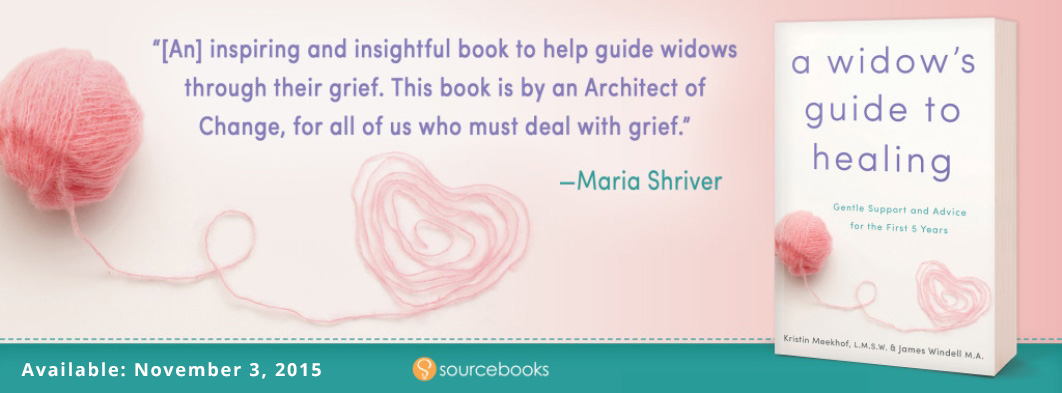A little over a year ago, I decided to pursue a freelance writing career. I started to write a book and wanted to expand my reach by writing blogs for The Huffington Post and the like. I continue to maintain my full time job as a clinical social worker, and write during my evenings and weekends. It is nice in the sense, that I don’t feel pressure to write all the time. However, there are moments, I feel pressure to leave my social work job and give everything I have to my writing career. Then logic weighs in to remind me that I need a steady paycheck and health insurance. In the past year, I’ve had the good fortune of meeting some very lovely people, even famous ones. At times, I feel like I am in an ultra-marathon, with no clear finish line. I stop here and there to take breaks, refuel, share my joys and woes, but I continue. It is surprising who along the way continues to cheer me on and who, to my disappointment departed from my cheering section. Some of the departures were unexpected. They came after I refused to compromise my integrity and do professional favors or when I simply didn’t feel endorsing their child’s work was the right thing to do. I am new to this type of “ultra-marathon” within the publishing industry.
I’ve learned many lessons by trial and error, and I’ve discovered that growth makes you vulnerable. This sounds obvious, but I was surprised that the growing pains I’ve experienced often came as a result of being raw and open. Early on, I knew virtually no one within the business, and had very little guidance. I sought out others who I thought could provide direction. I didn’t need handholding 24/7, but checking in to bounce off ideas turned into uncomfortable conversations. I sensed jealously on their part, and later it was often confirmed. I know what you are thinking, that is their issue, not mine, but still it caused deep disappointment. I began to withdraw and follow my gut and pursue whatever opportunities I sensed were right. It ended up paying off. Long story short, I was personally introduced to Dr. Deepak Chopra. This was my version of a “runner’s high.” He is just as genuine and authentic as appears in his work.
Weeks later, after my meeting with Dr. Chopra, I had a series of conversations with another very successful business man. I met this individual through a writing assignment, which I did free of charge. Others criticized me for working for free, for cheapening “my craft,” and their comments gave me pause. Yet, something deep inside me told me it was the right thing to do. I was curious about the subject matter and pursued it. It ended up that I was introduced to this wildly successful and gentle soul. His guidance and friendship is priceless. During our conversations, I shared with him some of my earlier highs and lows. I knew he understood. He looked straight at me and said with all seriousness, “You should only be around people who lift you up and only let a few people into your inner (professional) circle.”
I knew that I needed to recheck my approach. My attitude towards my professional race so to speak mattered. This wasn’t anyone else’s ‘race,’ but mine. In many ways we all have our own races. We each have a goal line, a finish line that we strive to cross. Here are a few lessons I’ve learned from journey:
1. Growth can make you vulnerable both emotionally and financially. People you know will offer you suggestions which in turn benefits them, and disguise it as help. This sounds severe, but I wish someone had told me. Don’t get me wrong, there are growth spurts which are exciting and helpful.
2. Re-examine your game plan. You may feel that your plan is solid and able to withstand the test of time, but as new challenges arise, you may need to readjust things. I’ve learned to have Plan B formulated as I am pursing Plan A. This helps because it won’t leave you feeling disorganized when things seem to fall apart.
3. Be aware of social poachers. Before this may have been someone that you invited to the party and next thing you know your babysitter is at their home every Saturday evening. The risks at this level were minimal. However, when it comes to your career, social poachers can do damage. They will scan your network, zone in on who they want to target and go after it. They may be even so slick as to have you introduce them to their target. You won’t know what happened until after the fact, and this will leave you feeling emotionally drained.
4. Be careful who you listen to especially if they can benefit from you in any financial aspect. We all have blind spots and when money is involved. We may think that person may be giving you genuine advice. However, these nuggets of wisdom can be tainted with dollar signs.
5. Don’t take things personally. This is very difficult for me at times because I want to believe that everyone has my best interest at hear,t and I want to believe their comments are constructive criticism. People will judge you and offer unsolicited advice. Follow your gut.
6. You are your own cheerleader. People often ask, “What is your brand — your label?” You are the best to decide this. It is you who is running this race. It is you who is having to stop, readjust, make decisions on the spot. You know your body, your brand the best. Only run each mile at a time. In other words, don’t try to live tomorrow today. “Listen to your body” is a phrase athletes are familiar with and it means that only you truly know when it it time to rest. Remember, rest prevents injuries.
7. Gratitude is the answer to nearly every question. I haven’t had a situation yet where I couldn’t apply gratitude. It is the great equalizer of the heart. It allows you remember what matters.
I’m running on, literally and figuratively. Like all runners those who continue to work on their core strength, they do the best. I’m pressing on and looking at this ultra-marathon as a gift. I’m in the best race of my life. I’m not competing with anyone but myself, and I’m even learning to dance along the way.
You can also read this story on The Huffington Post
If you enjoyed this article, subscribe today. Join now and receive your complimentary download-Tips for practicing gratitude today!








